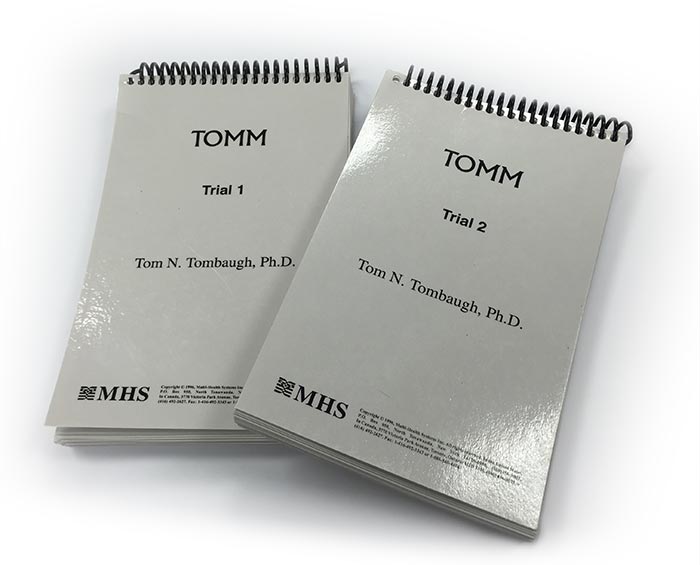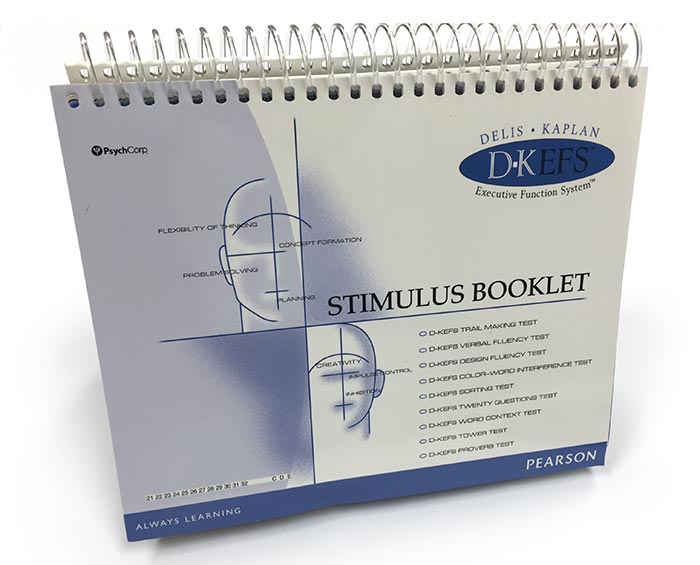An executive functions screening is a brief psychological screen to determine if you would benefit from further evaluation for a neurological condition (namely, Attention-Deficit/Hyperactivity Disorder) that could be affecting your overall functioning. It is designed to be brief in order to give you a quick determination (i.e., within a week or two) if an executive function deficit is suspected. If it is, you can begin to pursue temporary corrective measures to compensate for the apparent deficit, such as academic accommodations and/or medication intervention. The screening is much less costly than a full psychoeducational assessment battery and more comprehensive than giving you a self-report form. By measuring executive functioning, the underlying component to the ADHD etiology, the screening goes beyond solely testing your attentional capacity, which could be affected by several other psychological conditions, such as anxiety or depression.

What is executive functioning?

Is this screening diagnostically useful?

What does the screening consist of?
- Background information/self-report forms (30 minutes, completed prior to screening)
- “Game-like” tasks that test executive functions, such as planning ability and rule-governed behavior. (5 of them, 10-12 minutes for each task)
- Memory test in a “game-like” format (30 minutes)
What is the screening NOT intended to do?
The screening is not intended to be a comprehensive assessment of ADHD or any related neurological condition. A diagnosis of ADHD or any other condition will not be made as part of the screening. The results of the screening should not be taken as an indication of the need for long-term medication or academic accommodation options.
Who could benefit?
- Students with a previous diagnosis who desire an updated analysis of whether or not ADHD is still affecting them
- Students who have been suspected to have ADHD throughout their lives by teachers, parents, etc. but have not been tested previously
- Students with the ADHD diagnosis who are being treated but still have difficulty and would benefit from learning about what specific executive functions are impaired
- Students experiencing social and academic difficulty with other conditions (such as learning disability, processing disorder, depression, anxiety) being ruled out
Where can I get a full psychological assessment for my concerns?
- The Auburn University Psychological Services Center in Cary Hall (334-844-4889) offers full psychological assessments for around $600 and does not accept insurance.
- Clinical Psychologists, P.C. is a private practice off-campus that accepts insurance and usually has a short waitlist. It is located at 248 East Glenn (334-821-3350).
- Auburn Psychology Group is another off-campus private practice that is not on insurance panels but will file with your insurance for reimbursement. It is located at 861 Dean Rd 334-887-4343).
What is the basic information about the screening?
- Location: Student Counseling & Psychological Services (second floor Auburn University Medical Clinic, Suite 2086)
- Cost: $200. This fee is non-refundable if you do not show to the screening appointment once scheduled or if you cancel the appointment within 24 hours of the meeting. If you do not show or cancel late to the follow-up session, a $10 charge will be assessed. These fees will be directly billed to your bursar account as “Student Support” fee. SCPS does not accept insurance.
- Time Commitment: The screening itself lasts 1.5-2 hours. There is also a 30-minute follow-up session that occurs about 1-2 weeks following the screening appointment to communicate the results and recommendations to you. You will also have to complete paperwork prior to the screening date that should take no more than 30 minutes.
How do I schedule a screening?
Call SCPS at (334) 844-5123 or come to the office to schedule an intake session. The intake clinician will discuss the screening option with the student, as well as assess for its appropriateness for that particular student. If the student and clinician mutually agree that the screening would be beneficial, then the student will schedule the screening session.
Questions or concerns about Executive Functions Screening?
Contact Dr. Doug Hankes at (334) 844-5123.
